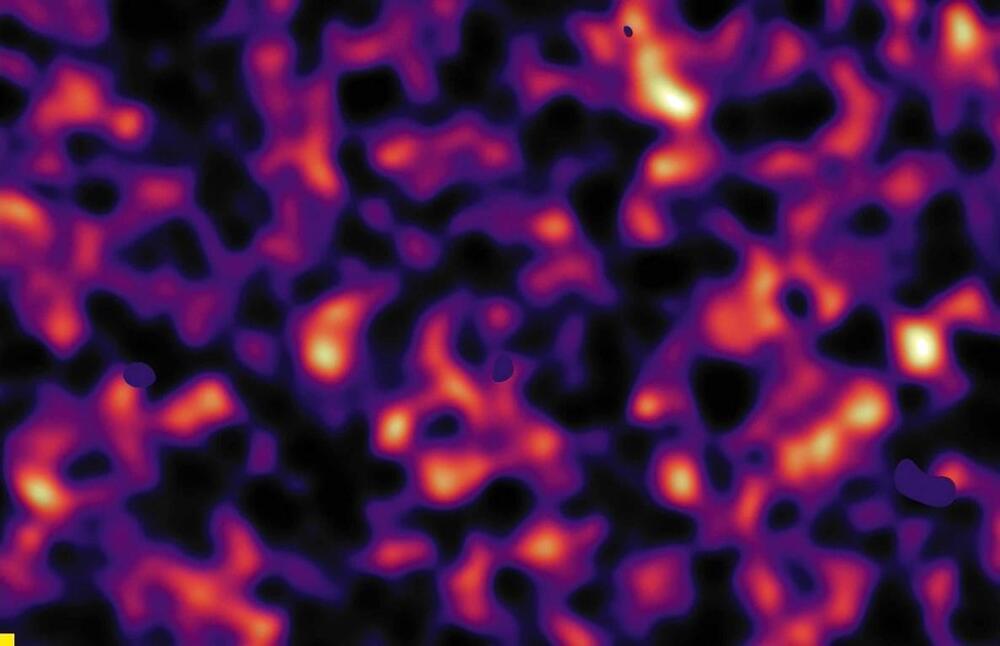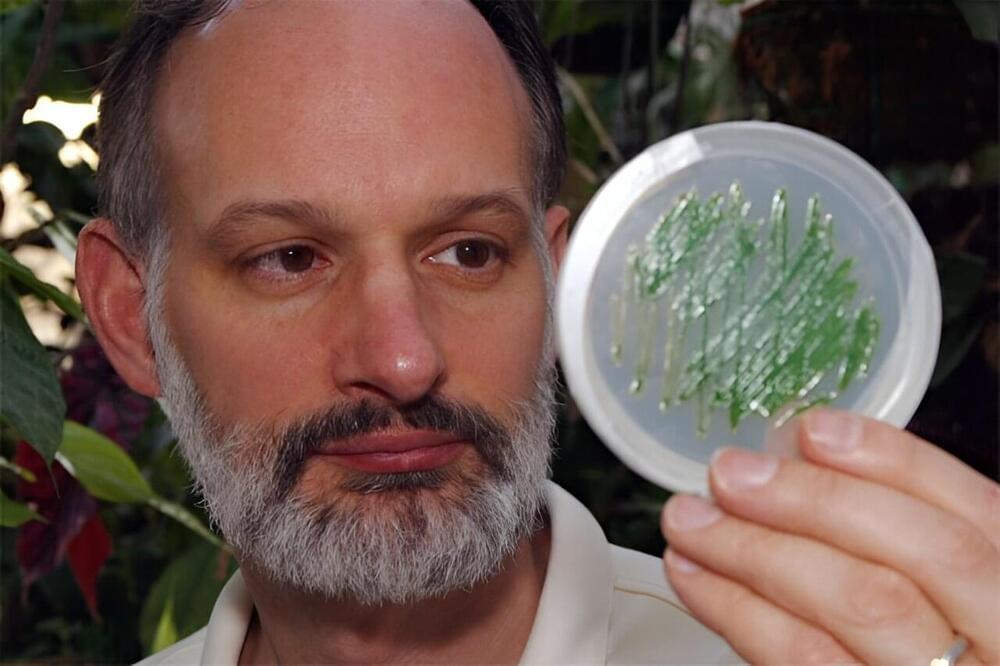
SPECULOOS-3 b is practically the same size as our planet,” said Dr. Michaël Gillon. “A year, i.e. an orbit around the star, lasts around 17 hours. Days and nights, on the other hand, should never end.
What types of exoplanets can dwarf stars possess? This is what a recent study published in Nature Astronomy hopes to address as a team of international researchers announced the discovery of SPECULOOS 3 b, which is an Earth-sized exoplanet located approximately 55 light-years from Earth orbiting an ultra-cool dwarf star. What makes this study unique is astronomers know very little about dwarf stars and the exoplanets that could potentially orbit them, despite the number of dwarf stars outnumbering Sun-like stars throughout the cosmos. This study holds the potential to help astronomers better understand the formation and evolution of exoplanets around smaller stars and what the implications for finding life beyond Earth.
“SPECULOOS-3 b is practically the same size as our planet,” said Dr. Michaël Gillon, who is a professor at the University of Liège and first author of the study. “A year, i.e. an orbit around the star, lasts around 17 hours. Days and nights, on the other hand, should never end. We believe that the planet rotates synchronously, so that the same side, called the day side, always faces the star, just like the Moon does for the Earth. On the other hand, the night side hand, would be locked in endless darkness.”
Continue reading “SPECULOOS Project Discovers Earth-Sized Planet Around Ultra-Cool Star” »
















